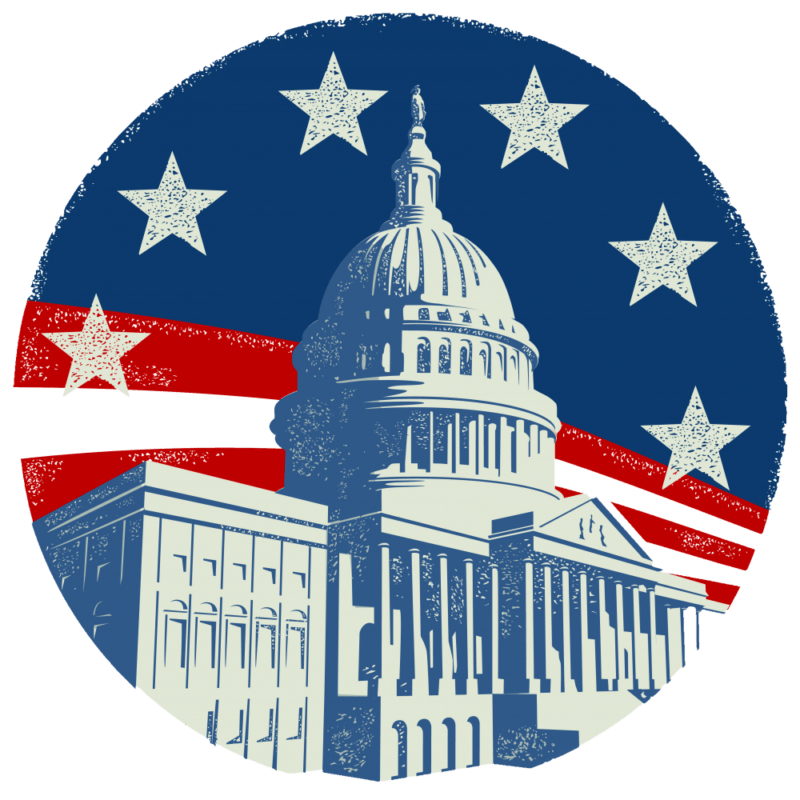The federal government’s failure to pass a budget and the subsequent shutdown today is being treated across much of the mainstream press as a political drama between the House and the Senate. Yet for those on the ground in the mortgage field services industry, this latest stalemate represents something far more dire than the closure of national parks or the furlough of nonessential federal employees. It represents another opportunity for prime contractors and regional firms to shrug their shoulders at their obligations and use Washington’s dysfunction as a convenient scapegoat for withholding payments. When the checks stop, it is not the executive class that suffers, but the rank-and-file Field Service Technicians performing labor-intensive property preservation tasks and the Inspectors conducting the occupancy and condition reporting that lenders and investors depend upon.
For Field Service Technicians, the shutdown introduces a level of uncertainty that is as psychological as it is financial. They are the ones cutting grass on HUD properties, boarding windows on abandoned Fannie Mae assets, and hauling away debris left behind after foreclosure. Their invoices are already subject to a labyrinth of approval chains, quality control reviews, and arbitrary line-item denials. Now, with agencies shuttered and oversight in limbo, primes are already whispering that payments may be “delayed” because government funding streams are frozen. This is misleading at best and deceitful at worst, because the vast majority of these properties have contracts funded in advance and payment obligations that are not contingent on congressional bickering. Still, the shutdown narrative becomes a ready-made excuse to tighten cash flow and push the risk squarely onto the backs of the technicians who can least afford it.
Inspectors face a different but equally pernicious form of exposure. Their work is often episodic, dispatched in single-order assignments to verify occupancy, check property condition, or photograph code compliance. When the government goes dark, inspectors are told that their reports cannot be processed because agency oversight staff are unavailable. Yet the banks and investors still demand data, and the orders still flow through the system. The contradiction becomes obvious when inspectors realize they are still required to complete work, still required to front gas and time, but may not see payment on a reasonable timeline. For them, the shutdown becomes a trap: perform the work without knowing when, or if, the compensation will materialize, or decline the orders and risk losing future assignments altogether.
The legal framework around shutdowns makes this imbalance possible. Federal employees are guaranteed back pay once appropriations resume, but private contractors and their downstream subcontractors enjoy no such assurance. If a prime contractor decides to suspend payments, even temporarily, the subcontractor has little recourse except to engage in expensive litigation or risk burning the bridge entirely. Within the mortgage field services ecosystem, where subcontractors are atomized and often treated as disposable, the imbalance of power is acute. A technician cannot compel a multi-state asset management firm to cut a check; at best, they can complain into a voicemail box that is unlikely to be returned. Inspectors fare no better. They are treated as interchangeable inputs, with dozens waiting to take their place should they voice concern.
The economic implications are profound because shutdowns rarely last just a few days. Each week that a technician’s payment is delayed means rent unpaid, groceries deferred, or vehicle repairs postponed. The shutdown rhetoric from Washington cloaks the cascading reality that many laborers in this industry live paycheck to paycheck. When primes exploit the shutdown as a justification for nonpayment, they effectively force the lowest tier of the supply chain into financing the ongoing operations of multi-million-dollar firms. Technicians mowing five-acre lots in rural states and inspectors documenting urban rowhouses alike shoulder the debt burden of an industry that refuses to recognize them as anything more than line items on a spreadsheet.
Ethically, the conduct of many firms during shutdowns exposes the hollowness of the industry’s self-styled professionalism. These companies regularly appear at conferences boasting about their commitment to compliance, integrity, and community stewardship. Yet when faced with a political crisis in Washington, they quickly pivot to opportunism, hoarding cash at the expense of those without reserves. The contractors at the top of the chain never miss a mortgage payment on their own homes, never miss a paycheck for their executive staff, but seem perpetually incapable of paying the men and women who secure and inspect properties. The disconnect reveals an ethical rot: public responsibility is abandoned the moment private profit appears threatened.
The labor-first critique here is not that shutdowns are irrelevant; clearly, federal dysfunction creates real disruptions. The critique is that primes exploit the situation rather than absorb its impacts. A company that has profited for decades on guaranteed work from HUD or Fannie Mae could, if it wished, float technicians and inspectors for weeks until normal appropriations resumed. Instead, they choose to externalize the risk downward. They know most laborers lack the capital to endure a delay and will still show up with mowers, boards, or cameras in hand because the alternative is starvation. That dependence is weaponized, and it is dressed up as inevitability when in reality it is deliberate policy.
Contractually, technicians and inspectors are told they are “independent contractors,” which allows firms to escape wage law obligations and overtime requirements. Yet when a shutdown occurs, these same firms talk as if they themselves are helpless, bound by Washington’s dictates. This double standard underscores the illegitimacy of the independent contractor model. If technicians and inspectors were treated as employees, firms would be legally obligated to continue payroll during the lapse. Instead, the independent contractor fiction permits a convenient abdication of responsibility, even though the economic reality is one of dependency and control.
The danger of this moment is not just the missed payments but the normalization of shutdown opportunism. Each successive funding lapse conditions labor to expect delayed or denied checks as part of the industry landscape. It conditions subcontractors to accept excuses instead of demanding accountability. Over time, this corrodes both the financial stability of the workforce and the trust necessary to maintain a functioning industry. Inspectors will hesitate to accept new orders, and technicians will cut corners or abandon jobs when they doubt they will be compensated. The property preservation system, already fragile, cannot sustain such erosion indefinitely.
Historically, shutdowns have been used as moments to reset debates about labor rights. Yet in mortgage field services, there is little organized voice to press the case. Trade associations exist, but they are oriented toward the interests of the primes and nationals, not the laborers. Technicians and inspectors remain atomized, scattered across rural counties and urban neighborhoods, without the leverage to push back. Unless there is a structural shift—through unionization, cooperative models, or legislative recognition of the industry’s unique vulnerabilities—the exploitation cycle will continue with each government funding lapse. Shutdowns will be treated not as crises to be weathered collectively, but as profit opportunities for those at the top.
As this shutdown unfolds, the warning should be clear: the real danger is not that Washington cannot govern, but that mortgage field service Order Mills will seize the chaos as cover to strip yet more value from the very people who keep the system afloat. Technicians with lawnmowers and saws, inspectors with cameras and notepads, they are the ones who stand to lose the most. They deserve more than excuses recycled from Capitol Hill; they deserve prompt and fair payment for the work they have already performed. Anything less is theft, and the shutdown should not be permitted to disguise it.









